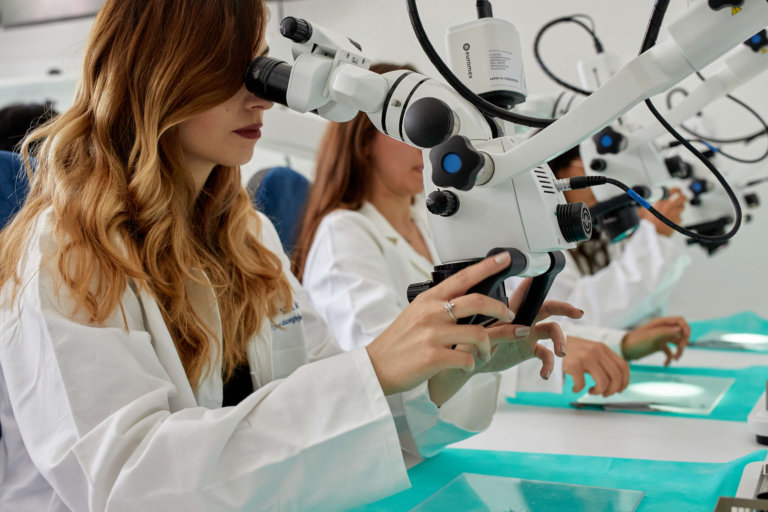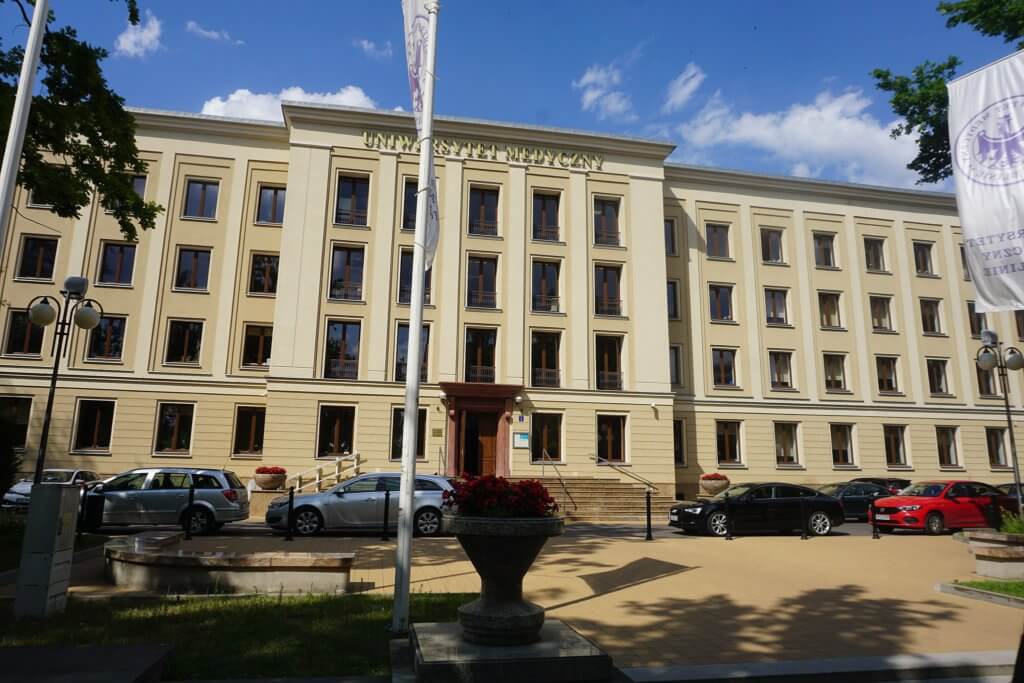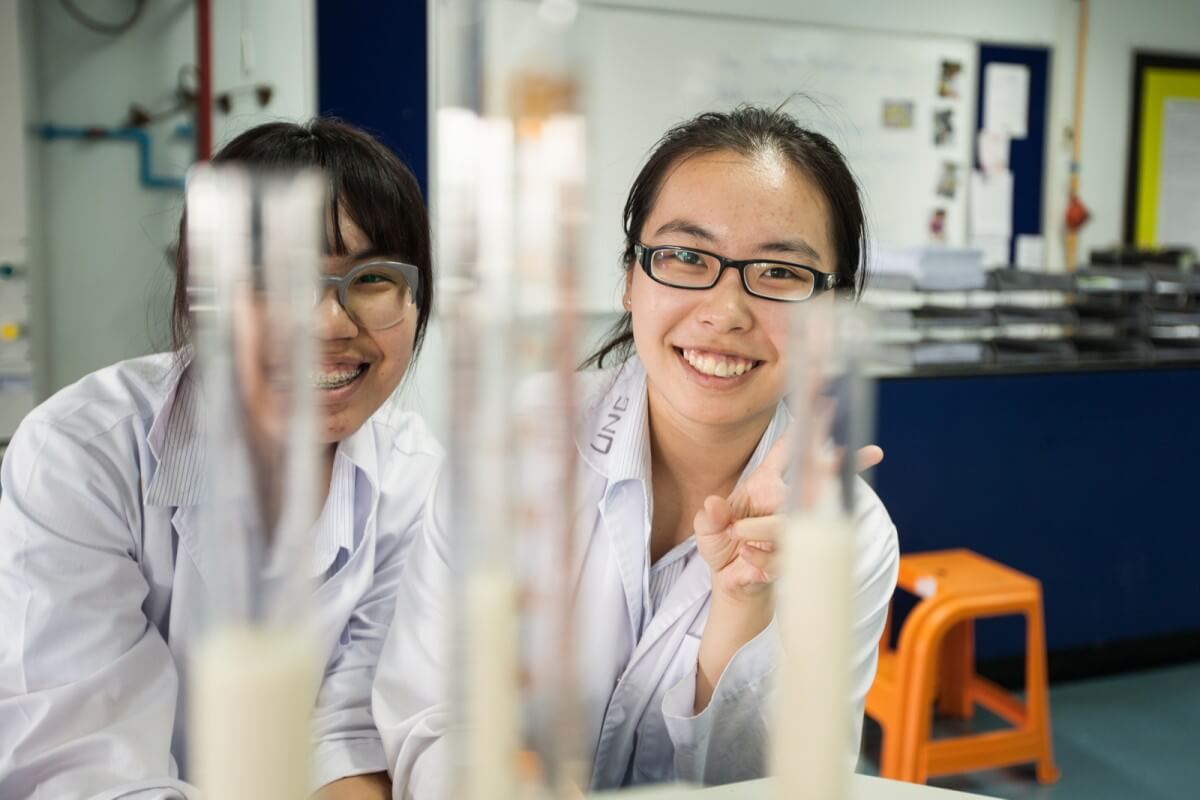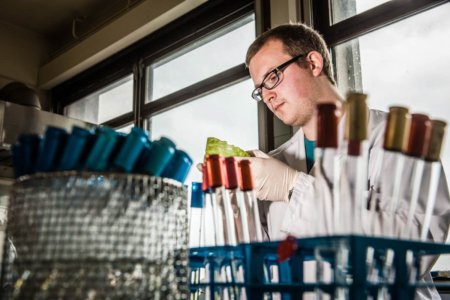
COVID-19 vaccines. Emergency surgery. Critical life-saving care.
These are just a few ways medical professionals are helping communities around the world stay in the pink of health, and experience a higher quality of life.
A medical degree does not only produce doctors or nurses, but also medical consultants and researchers. New technology advances mean that medical knowledge is constantly being updated, which in turn results in better care and a bigger demand for those with the know-how for it. The World Health Organisation Regional Office for Europe has projected some 40 million new medical-related jobs to be offered by 2030.
A person who loves to be challenged to think critically and enjoys interacting with people would make a great medical professional. If you are compassionate, have a deep sense of responsibility, and want to make a difference in people’s lives, studying medicine will be more of a noble calling than just a career option.
University of Szeged, Hungary
One of Hungary’s largest top universities, the University of Szeged, Hungary has a history that dates back to 1581. Today, it is ranked among the world’s best 560 universities (QS World University Rankings) and is the ninth greenest amongst institutions located in city centres (GreenMetric World University Rankings). With living costs ranging between 600 to 1,000 euros, easy access to tourist sights, and the Student Union’s various academic and extra-curricular activities, students from over 126 countries are happy to call the University of Szeged, Hungary home.

Students at the University of Szeged, Hungary enjoy the cosmopolitan and multicultural environment setting. Source: University of Szeged, Hungary
For aspiring doctors, dentists, pharmacists, physiotherapists and nurses, the University of Szeged, Hungary makes the ideal base to launch their careers. The Medical School has been training doctors in the English Language for more than 35 years. Pair this experience with a solid foundation for clinical training, ready access to dedicated academic staff, mentors, modern infrastructure, comprehensive support, and diverse services, and students here have all they need to evolve into work-ready graduates.
Notable faculty members include Nobel Laureate Albert Szent-Györgyi (the former rector and professor of the Medical School who was the first to isolate Vitamin C from Szeged paprika) and Katalin Kariko (one of the inventors of new COVID-19 vaccines).
Apply here for their health sciences programmes: General Medicine, Dental Medicine, Pharmacy, Physiotherapy, Nursing and Foundation Year for Health Sciences.
Medical University of Lublin

Source: Medical University Lublin
The Medical University of Lublin has a long-standing tradition of training students into becoming the world’s next legion of medical professionals. It brings decades of expertise since its inception in 1944, and has since played an important role in developing knowledge in the fields of medical and health sciences in Poland.
Alongside this is an extensive history of providing a wide range of undergraduate and postgraduate programmes across its six different faculties. This has attracted over 7,000 students, including 1,000 international students from 60 different countries. To cater for its diverse community, the university has an English language curriculum for its Medicine and Dentistry programmes that has been offered for 25 years.
Two programmes that have recently joined these ranks are Nursing (BSc) and Midwifery (BSc). Students are educated across critical subject areas including basic sciences and social and human sciences on top of their more specialist fields. They learn from teachers with decades-long experience in their respective fields, and programmes with all the necessary accreditations to meet national and EU standards.
Of course, it’s incredibly important for students in these fields to gain hands-on, practical experience. To ensure this, the university has provided students with three clinical hospitals, where they conduct practical classes in birth wards, maternity and neonatal wards, and more. On top of this is consistent — and early — access to patients, which is prioritised from a student’s first year.
Practicals are held in a four-storey, modern, and brand-new simulation centre where an artificial hospital is brought to life, complete with ER, operating rooms, a simulated pharmacy, and more. Simulated patient programmes are available across all of the university’s programmes, and all buildings are within walking distance.
All in all, the university is dedicated to giving its students the appropriate levels of exposure in their fields — an invaluable aspect of a programme for any aspiring medical professional. Applications for the next academic year open in April 2022. You can begin your application here.
University of Nicosia (UNIC) Medical School

Source: University of Nicosia (UNIC) Medical School
When it comes to quality, accreditation and employability, the University of Nicosia Medical School in Cyprus is the embodiment of consistent progress towards research excellence. The largest medical school in the country ranks number one in Cyprus and Greece in terms of overall economic and social impact, and number 32 in the world in terms of Quality Education according to Times Higher Education.
The six-year Doctor of Medicine (MD) programme offered by UNIC is officially listed in the World Directory of Medical School and it is an EU-accredited medical degree, which provides licensing and practice pathways worldwide after graduation. The degree regulator holds Recognition Status by the World Federation of Medical Education (WFME) ensuring the quality of education is at a rigorous global standard.
With a 99.8% graduate employment rate, the doctors forged by UNIC Medical School have lent their medical expertise in over 200 medical centres internationally. This is in part due to UNIC’s devoted Student Success Team. Graduates are well-prepared for life after Medical School with early patient contact through integrated clinical practice courses from Year 2.
Personal tutors and career advisors offer unique and highly specialised career preparation. The medical student body, consisting of over 83 nationalities, provides another opportunity to learn first hand about different healthcare systems in the world.
Uniquely, UNIC Medical School’s student-centred curriculum features human anatomy lessons at the Anatomy Centre through hands-on cadaveric dissection — the only one available in Cyprus. Besides an experiential medical education, you get to enjoy sunny Mediterranean weather and a lower cost of living compared to other cities in Europe.
If you are interested in the medical programmes at UNIC, register for future online Open Days to hear from current students, course directors and admissions advisors. You can click here to learn more about applying to UNIC Medical School.
Swansea University Medical School

Source: Swansea University Medical School Facebook
Swansea University Medical School educates and trains the next generation of doctors, life scientists, and health professionals. It’s ranked first in the UK for medicine according to the 2022 Complete University Guide, a feat accomplished through its excellence in research, academics, and overall commitment to improving the health and wellbeing of the people of Wales and across the world.
On top of that, the school has an Equality Challenge UNIt (ECU) Athena SWAN Charter Silver Award on its belt — a scheme which recognises the advancement of gender equality in terms of representation, profession and success for all. It was the first department across the entire university to do so, demonstrating a dedication to ensure equal and fair access to all students, regardless of gender.
The school offers a range of undergraduate and postgraduate programmes that are tailored to specific areas of study in the field of medicine. For students who may not qualify for an undergraduate course, the school offers Pathways to Medicine. Here, students are given six avenues to choose from: Applied Medical Sciences, Medical Biochemistry, Medical Genetics, Medical Pharmacology, Population Health and Medical Sciences, and Other Clinical and Healthcare Routes.
There are also Professional Development Courses across genomic medicine and population data science for continuing students to choose from. These CPD modules are specifically designed to meet the needs of the health and life science industry and professionals. To ensure programmes are relevant to the industry, the school works closely with the NHS and various industry partners.
*Some of the institutions featured in this article are commercial partners of Study International










